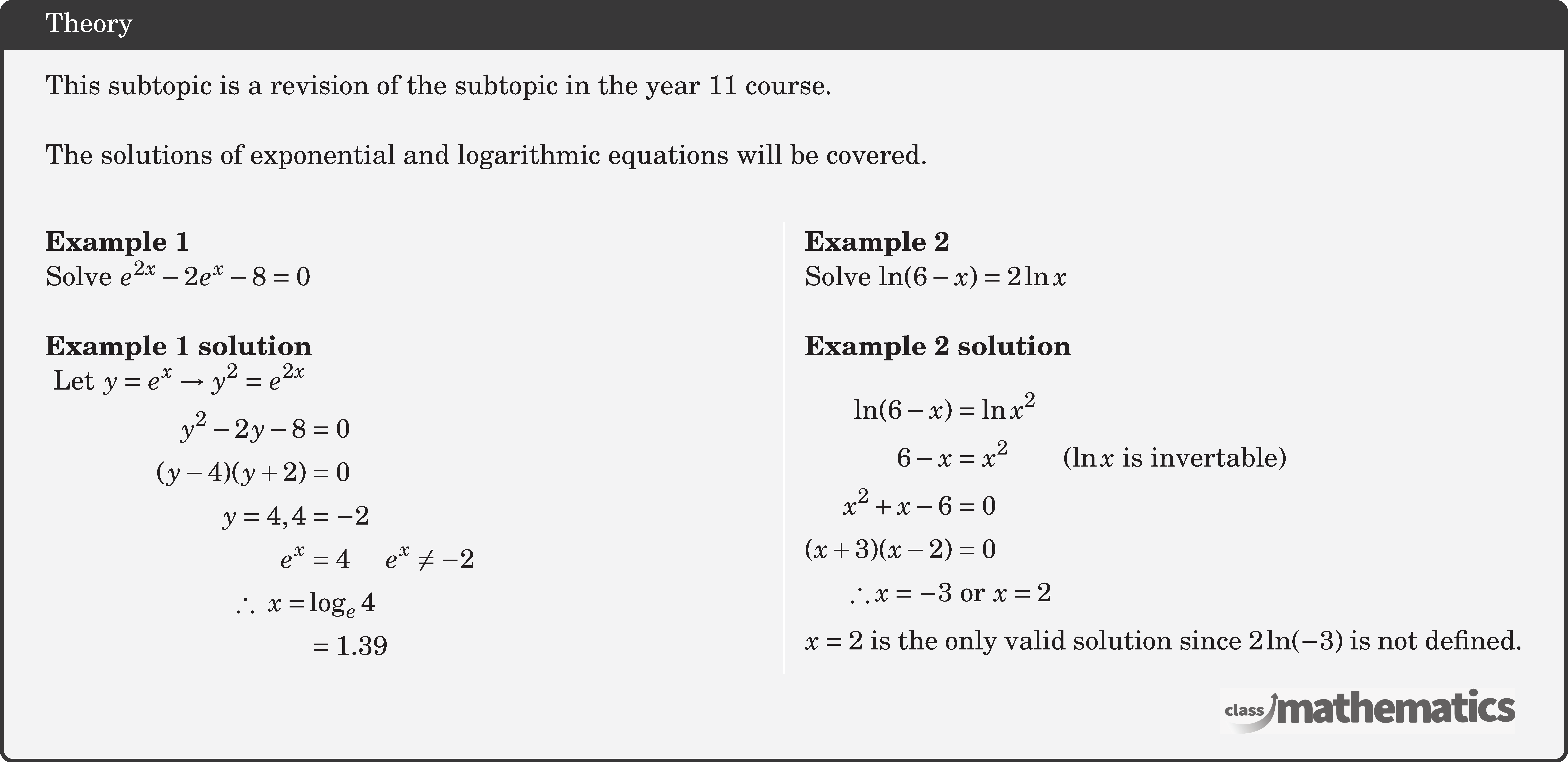Resources for Log Functions
-
Questions
12
With Worked SolutionClick Here -
Video Tutorials
1
Click Here -
HSC Questions
1
With Worked SolutionClick Here
Log Functions Theory

